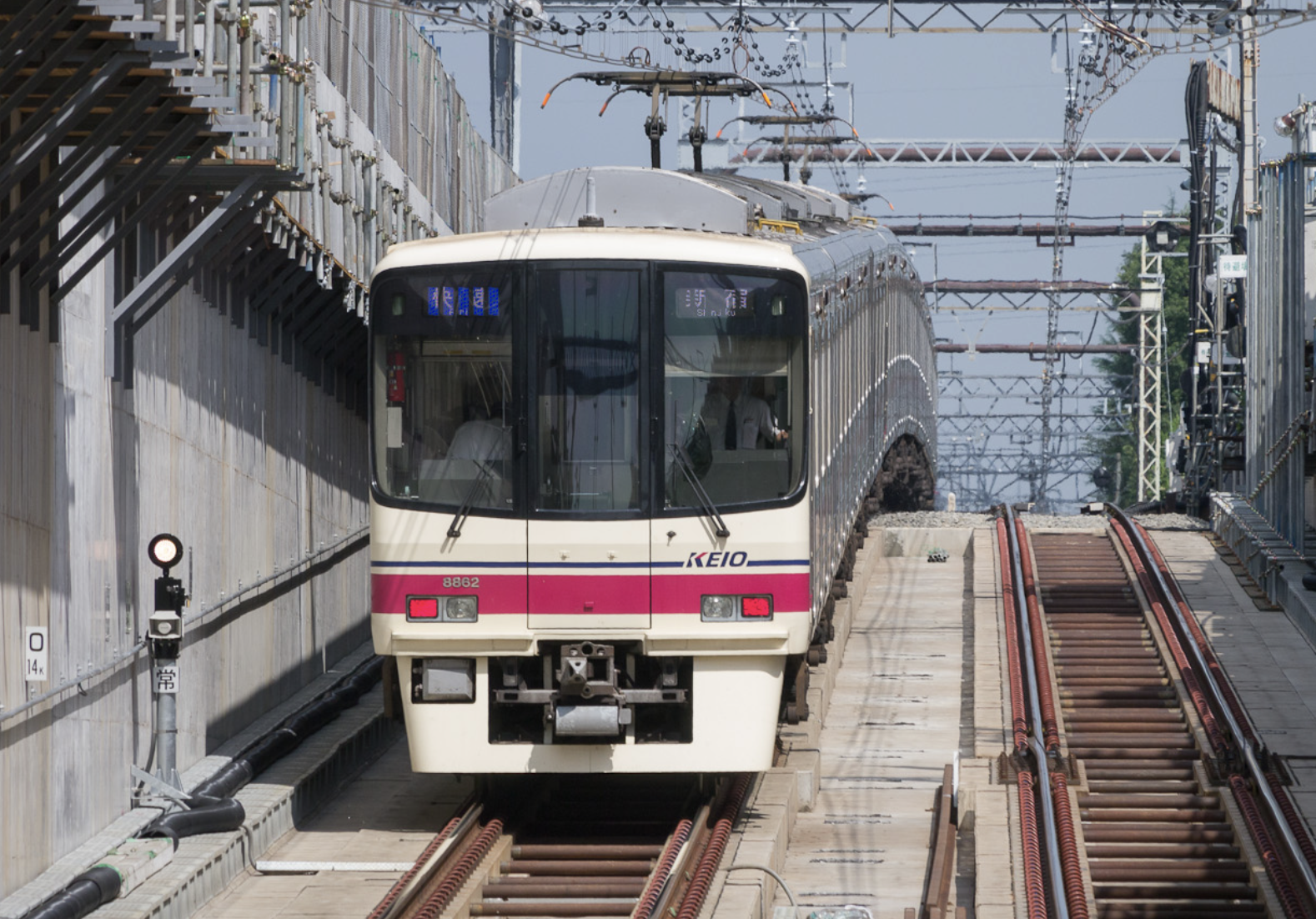Rising Trend of Stabbing Alarms Japan Despite Low Crime Rates
Law enforcement attributes the surge in stabbing crimes to several contributing factors, including domestic violence, mental health disorders, drug abuse, and conflicts among gangs.

The occurrence of stabbing crimes in Japan presents a significant concern, despite the country's generally low crime rates. Recent data from the police reveals a disturbing trend of escalating violence related to stabbing crimes over the past three years.
In 2021, the reported incidents of stabbing crimes reached 1,021 cases, resulting in 189 fatalities and 832 injuries. This marked a 12.3% increase compared to the preceding year, which had 909 cases, causing 173 deaths and 736 injuries.
Law enforcement attributes the surge in stabbing crimes to several contributing factors, including domestic violence, mental health disorders, drug abuse, and conflicts among gangs.

Deteriorating Situation
The situation deteriorated further in 2022, with a surge in stabbing crime cases reaching 1,234, leading to 213 deaths and 1,021 injuries. This represented a 20.9% increase from the previous year and marked the highest number of stabbing crime cases since 2002.
Authorities attributed this spike to the social and economic repercussions of the COVID-19 pandemic, which heightened stress, anxiety, and frustration within the population. Additionally, the easing of COVID-19 restrictions contributed to an increase in street crime and public disorder.
In 2023, there was a slight decrease in the number of stabbing crime cases, totaling 1,198, resulting in 207 deaths and 991 injuries. Although this reflected a 2.9% decrease from 2022, it remained higher than the levels observed in 2021 and prior.
Law enforcement credited this decline to their enhanced measures for prevention and detection, such as increased patrols, surveillance cameras, metal detectors, and public awareness campaigns. However, they cautioned that stabbing crime still posed a serious threat to public safety and security, urging the public to remain vigilant and report any suspicious activities or behaviors.
Notably, a notable stabbing incident occurred on Halloween day in 2021, capturing widespread attention. Referred to as the Tokyo 'Joker' train case, it involved a violent attack on October 31, 2021, where a man dressed as the Joker character from Batman movies stabbed and wounded 17 passengers on a train in Tokyo.
Stabbing Alarms Japan
Furthermore, he ignited a fire inside the train carriage using lighter fluid, causing panic and smoke among the commuters. The perpetrator, Kyota Hattori, a 24-year-old unemployed individual, was apprehended at the scene and faced charges of attempted murder. According to police reports, Hattori confessed to admiring the Joker and expressed a desire to kill multiple individuals and receive the death penalty.

Visit World Future for more foreign news and regional Asean stories
This incident deeply shocked Japan, a country renowned for its low crime rate and emphasis on safety. It raised concerns about the attacker's motives, mental state, and highlighted issues of social isolation and alienation among certain segments of Japanese society.
Witnesses described the assailant wearing a vivid outfit, resembling the Joker villain from Batman comics or someone attending a Halloween event. Armed with a knife, he targeted passengers on the Keio Line train, pouring a liquid similar to oil from a plastic bottle and setting it alight, resulting in partial seat damage.
A witness shared a video on social media, capturing the suspect seated with crossed legs and smoking in one of the train cars, presumably after the attack. The incident took place near Kokuryō station in the western suburbs of Tokyo, aboard an express train bound for Shinjuku, which stands as the world's busiest railway station.
Second incident on a Tokyo train
Among the victims, a male passenger in his 70s sustained critical injuries after being stabbed in the chest. Sixteen others suffered minor injuries, including smoke inhalation. To escape the flames and smoke, some passengers sought refuge in adjacent carriages or resorted to jumping out of windows. Notably, this attack marked the second knife-related incident on a Tokyo train within three months, following another stabbing in August 2021 that injured ten individuals.
Another high-profile case involved the assassination of former Prime Minister Shinzo Abe on July 8, 2022, during a campaign speech. The assailant, a gunman, shot Abe at close range and subsequently stabbed three people before being subdued by security personnel.
The perpetrator, identified as Takashi Yamaguchi, a 32-year-old former member of the Self-Defense Forces who had been discharged due to mental health issues, claimed to act on behalf of a radical group opposing Abe's policies and seeking to overthrow the government.
These examples serve to highlight that stabbing crimes in Japan are often carried out by individuals who struggle with mental health issues, social isolation, or harbor resentment towards society. Authorities have taken measures to prevent such incidents, including bolstering security measures, providing mental health support, and increasing public awareness.
In conclusion, Japan's struggle with stabbing crimes presents a serious challenge despite its reputation for safety and low overall crime rates. The alarming trend of increasing violence, fueled by factors such as mental health issues, social isolation, and resentment towards society, has prompted authorities to take action.
Efforts to enhance security measures, provide mental health support, and raise public awareness have shown some positive impact, resulting in a slight decrease in cases. However, the battle against stabbing crimes continues, emphasizing the need for ongoing vigilance, prevention measures, and support for those at risk in order to ensure public safety and security in Japan.

